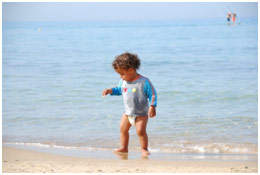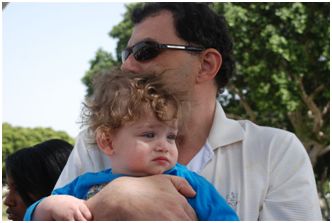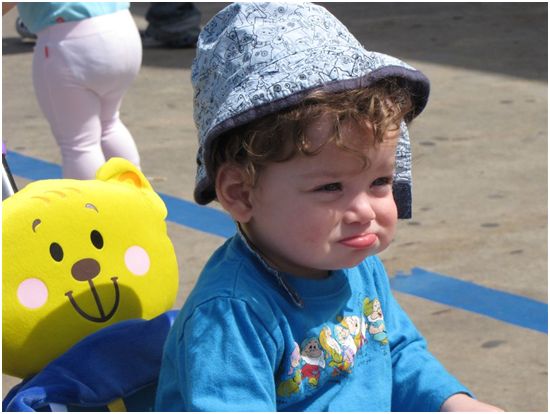
Secure and insecure attachment styles in babies produce different life styles in adults. Researchers have found that the relationship between babies and their parents (mainly moms) has a direct impact on their self-esteem and relationships as they grow older. Children who have a secure attachment will be more independent, have healthy connections with others, show higher emotional intelligence, perform better at school and have strong, steady relationships as adults.
If the world we live in is full of stress (which it is), then children with secure attachment will experience less depression and anxiety as adults, because they can manage their feelings better.
Through verbal and non-verbal communication, the relationship between parents and their babies in that first year of life gives the child a map with which to navigate the world and their experiences. This bond between parent and child during this critical time will shape their future relationship, teach them ways to calm themselves, manage stress, build their resilience and teach them how to find happiness and success in life.
I have often heard that babies only need to be fed, put to sleep, and changed in order to grow healthy. In fact, it is how we feed them and the way we put them to sleep or change and bath them that shapes the formation of attachment. It teaches them how life works and how they should behave.
Read Attachment Theory: Secure and Insecure Attachment in Adult Life »















